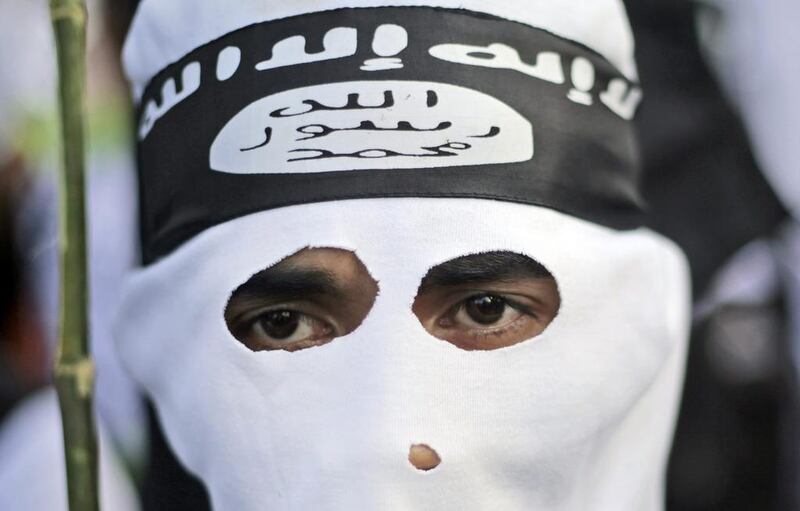Europe has a problem with home-grown terrorists. And it is now exporting jihadis to the Middle East.
That statement, indisputable though it is, is rarely the way the current crisis of home-grown terrorism in Europe is framed.
Usually, it is placed the other way around, as if it is men from the Middle East who are causing chaos on the streets of European cities.
But, in fact, very few of the criminal and terror attacks that have taken place in Europe in recent years have been perpetrated by foreigners.
You don’t have to go all the way back to the 7/7 attackers in London in 2005 – all of whom were British – to see this trend.
The jihadist who attacked a Jewish museum in Brussels last year was French, as were both the gunmen who attacked the Charlie Hebdo magazine offices in Paris last month. The suspected gunman who attacked a cafe in Denmark over the weekend was Danish.
At least 3,000 other Europeans have come to the Middle East to fight alongside ISIL, exporting their peculiarly European brand of jihadism to the region. What is it about European societies that they breed such intolerance and violence?
Let’s stop there. Because the idea that European societies are exporting their problems to the Middle East is as simplistic as the idea that the Middle East is exporting its problems to Europe. There is clearly a two-way street.
The current problem of political violence in the name of religion that plagues both the Middle East and European societies does not have one root cause. If it did, it would be easier to deal with. The fact it has so many fathers is what makes it such a challenge.
The collapse of nation states in the Levant, the use of warped theological arguments, the questioning of generational and religious authority – all of these aspects play a role.
There is another element, however, and that is the peculiar lure of jihadi violence to certain Europeans.
Doubtless, some of this has to do with ethnic and religious heritage: it is easier to be attracted by an idea if you are already familiar with the linguistic or religious reference points these militant groups use.
But it is also clear that this ethnic and religious heritage aspect is not necessary for radicalisation – jihadis have come from Christian as well as European backgrounds.
Moreover, a scan of the backgrounds of both the French Charlie Hebdo killers and the suspected Danish gunman show they were known to the police for other criminal activities. Political violence, it appears clear, is merely the latest stage of their rejection of their own societies. But it is also, to be truthful, easy to be entranced: to a certain type of disaffected European, the bloody violence and destruction of ISIL is appealing.
To them, the fighters are romantic. They stand for something. They reject the materialism of the world. They are unafraid to go against everything the modern world tells them. Every parent of teenagers will recognise that impetus to carve out a space in the world that is unique.
It is not incompatible to say that some European jihadis are motivated by a rejection of their culture, while others join ISIL out of a belief in a supranational caliphate or to defend their communities in the middle of the chaos of a civil war. Many questions can lead to the same answer. Equally, though, the same question can have many different answers. The reason why young men join the jihad can vary. Without a doubt, the jihadist cancer raging in Syria and Iraq is a symptom of the collapse of Arab states.
But the jihadist narrative has also found fertile soil in Europe, among Europeans. Until European states address the estrangement of young people that makes them so prone to enchantment by extremists, the waves of European jihadis waging attacks on Middle Eastern soil won’t stop.
falyafai@thenational.ae
On Twitter: @FaisalAlYafai





